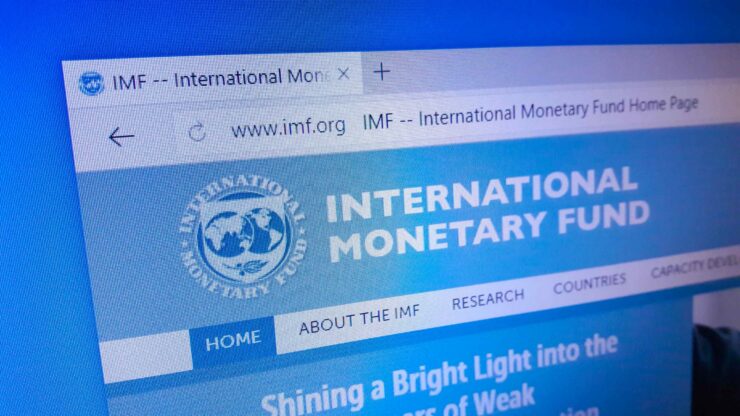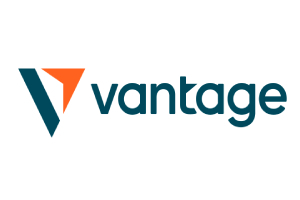As more authorities seek to regulate the cryptocurrency space in their jurisdictions, the International Monetary Fund (IMF) has published a framework for the effective regulation of the crypto sector across the world.
The organization noted in a recent blog post that crypto assets have revolutionized the financial world and would continue to do so in the foreseeable future. However, it added that regulators continue to struggle to monitor and address the risks involved with this industry.
The organization added that the financial world and the crypto industry have become interlinked and that these linkages could pose a severe threat if regulators do not get on top of the matter and harness the potentials of the blistering industry. The IMF’s report detailed that:
“Policymakers struggle to monitor risks from this evolving sector, in which many activities are unregulated. In fact, we think these financial stability risks could soon become systemic in some countries.”
The financial institution called for regulators to be “comprehensive, consistent and coordinated” in their efforts to regulate the crypto space, adding that an uncoordinated regulatory approach may “facilitate potentially destabilizing capital flows” considering that most crypto firms operate across borders.

The IMF has Three Fundamental Requirements
That said, the IMF presented three fundamental requirements for successfully regulating the global crypto space in a concerted effort.
The first requirement is that cryptocurrency service firms that provide critical services, like transfer, storage, settlement, and custody of digital assets, must be licensed or authorized. The IMF added that the requirements for licensing should be clearly stated.
Secondly, the financial institution noted that the requirements should be tailored towards the specific use cases of cryptos. For instance, investment products should have similar requirements to those of securities brokers and should fall under the purview of securities regulators. Also, payment products should have similar requirements to banks and should fall under the purview of the central bank.
Finally, governments and authorities should mandate that regulated financial institutions provide comprehensive layouts of their crypto exposure and engagements.
Furthermore, the IMF cautioned against the growing trend of cryptocurrency use in most developed countries, noting that:
“Some emerging markets and developing economies face more immediate and acute risks of currency substitution through crypto assets, the so-called cryptoization. Capital flow management measures will need to be fine-tuned in the face of cryptoization.”
You can purchase crypto coins here: Buy Tokens
- Broker
- Min Deposit
- Score
- Visit Broker
- Award-winning Cryptocurrency trading platform
- $100 minimum deposit,
- FCA & Cysec regulated
- 20% welcome bonus of upto $10,000
- Minimum deposit $100
- Verify your account before the bonus is credited
- Fund Moneta Markets account with a minimum of $250
- Opt in using the form to claim your 50% deposit bonus
Learn to Trade
Never Miss A Trade Again

Signal Notification
Real-time signal notifications whenever a signal is opened, closes or Updated

Get Alerts
Immediate alerts to your email and mobile phone.

Entry Price Levels
Entry price level for every signal Just choose one of our Top Brokers in the list above to get all this free.



